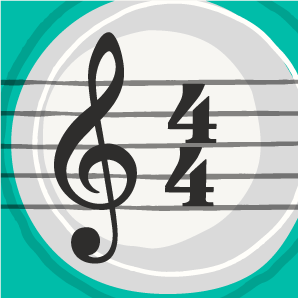Fauré, Gabriel - Pie Jesu from the Requiem
Free Sheet music for Saxophone Quartet
Download Score PDF
(8notes Premium)
Standard Parts
All Parts (ZIP)Alternative Parts
Alto Sax (⇒from Sop Sax)Request Additional Parts Request Large Note Part Request Part with Chords
Arrangements of this piece also available for:
- Baritone Voice
- Bassoon
- Cello
- Cello Duet
- Clarinet
- Clarinet Duet
- Clarinet Quartet
- Double Bass
- Flexible Brass (4)
- Flexible Mixed (4)
- Flute
- Flute Duet
- French Horn
- Lead Sheets
- Oboe
- Percussion (Vibraphone)
- Piano
- Recorder - Soprano (Descant)
- Saxophone (Alto)
- String Quartet
- Tenor Saxophone
- Trombone
- Trombone Duet
- Trumpet
- Trumpet Duet
- Tuba
- Viola
- Viola Duet
- Violin
- Violin Duet
- Voice
Request New Version
About 'Pie Jesu from the Requiem'
Artist:
Born:
1845
, Pamiers, France
Died:
1924
, Paris, France
The Artist:
Famous for a handful of popular pieces including the Pavane, Dolly Suite, Requiem, Berceuse for violin. His music is characterized by unusual harmonies and modulations
Composed:
1900
Info:
The Pie Jesu is the final part of Faure's ever popular Requiem. The Requiem is unusual for its peaceful character and acceptance of death.
Time Signature:
4/4 ( View more 4/4 Music)
View more 4/4 Music)
Duration:
3:35
Tempo Marking:
Score Key:
Db major (Sounding Pitch) ( View more Db major Music for Saxophone Quartet )
View more Db major Music for Saxophone Quartet )
Number of Pages:
3
Difficulty:
Easy Level: Recommended for Beginners with some playing experience
Instrument:
Style:
Copyright:
© Copyright 2000-2026 Red Balloon Technology Ltd (8notes.com)
This file may be printed and performed freely, but should not be digitally copied, shared or reproduced without permission.
This file may be printed and performed freely, but should not be digitally copied, shared or reproduced without permission.
This piece is included in the following :




Gabriel Fauré Sheet Music

Saxophone Quartet Sheet Music

Pieces in 4-4 Time Signature







